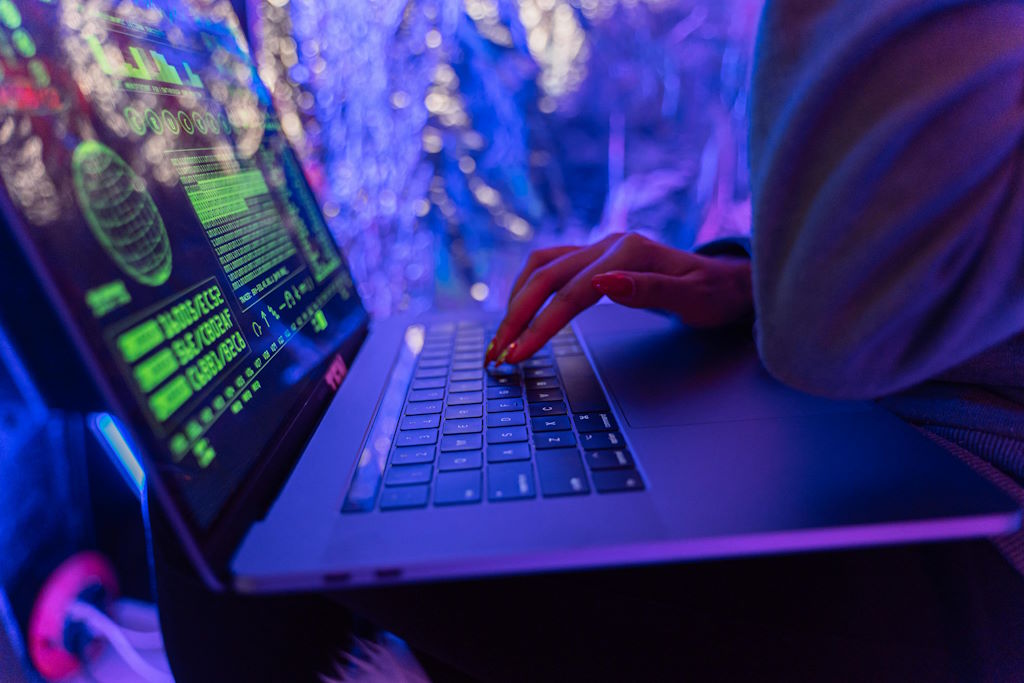How Is Online Poker Stamping Out Cheaters?
 Image source: https://images.pexels.com/photos/5475752/pexels-photo-5475752.jpeg
Image source: https://images.pexels.com/photos/5475752/pexels-photo-5475752.jpegOnline gaming has a cheating problem, and it's more common than most players think. According to a recent gaming survey, nearly a third of gamers have admitted to cheating, ranging from simple exploits to advanced software hacks. Even big-name personalities like Elon Musk have confessed to using cheats in video games like Diablo IV. This sparked outrage from parts of the gaming community who see fair and honest gameplay as non-negotiable.
That reaction makes sense, especially in games where money's on the line. In online poker, cheating isn't just unethical, it's financially damaging. From bots and collusion to real-time coaching tools, bad actors use every trick to gain an edge in a game where the stakes are real and trust is everything.
But today's poker platforms aren't standing still. They're fighting back with smarter, faster, and more sophisticated anti-cheating systems. Here's how these tools are reshaping online poker—and why they matter.
1. RNG Certification: Ensuring Fair Cards, Every Hand
One of the most critical foundations of fair online poker is the Random Number Generator (RNG). Without a secure RNG, card dealing could be manipulated or predicted, putting every hand at risk.
As TechTarget explains, RNGs are systems that generate sequences of numbers with no pattern. Online poker platforms typically use pseudo-random number generators (PRNGs), which simulate randomness using complex algorithms. In some industries, hardware-based true random number generators (TRNGs) are used, drawing on unpredictable physical events like atmospheric noise.
In poker, this randomness ensures that card shuffles and deals are fair and unpredictable, just as they would be in a physical casino. As such, it prevents cheaters from potentially reverse-engineering patterns or even predicting cards.
That's why Americas Cardroom undergoes independent certification to validate its shuffle system. Celebrated as the US' leading online poker site since 2001, the operator has established itself within the community through its cybersecurity and software efforts. This includes its RNG, which has received certification from iTech Labs that confirms its algorithms meet industry standards for randomness and security. Whether you're playing for pennies or big pots, this ensures your cards are dealt fair and square.
2. Blocking Assistive Tools During Play
The 2024 WSOP Main Event brought an ethical gray area into sharp focus. A finalist allegedly used a real-time poker coach during live gameplay—a move that many players, while not illegal, found deeply unethical. As reported by the Las Vegas Review-Journal, this situation stirred debate about where strategy ends and cheating begins.
Online poker platforms are taking a firm stance. Most now employ systems that block the use of external assistance tools during active sessions. These filters can detect and disable poker coaching software, solvers, or other aids that provide real-time decision support.
The goal is simple: players should rely on their own knowledge, not external algorithms, when competing. These measures help preserve the game's skill-based foundation and prevent unfair advantages that can ruin competitive balance.
3. Bot Detection and Anomaly Monitoring
Bots are some of the most persistent threats in online poker. These programs play with robotic precision, grinding hundreds of hands a day without fatigue, emotion, or error. Many are designed to simulate human behavior, making them hard to spot.
To counter them, platforms now use anomaly detection systems that analyze behavioral patterns. They look for repetitive clicking speeds, consistent reaction times, and mathematically perfect decisions, traits that typically don't appear in human play.
This method of detection is similar to the approach used in industrial cybersecurity. As Mario Alexander explained, smart systems are deployed on factory floors to detect unexpected behavior that may signal system breaches or sabotage. Online poker companies such as PokerStars observe the same philosophy: catch threats early through pattern analysis before they do real damage. Once flagged, suspicious accounts are reviewed manually, and if confirmed, banned, often with refunds issued to players impacted by the activity.
4. Multi-Account and Collusion Tracking
Unlike bots, collusion involves real people working together against unsuspecting opponents. This might mean soft-playing friends, ghosting from afar, or even multi-accounting in tournaments to increase win chances.
To tackle this, poker sites employ multi-layered tracking tools. IP addresses, device fingerprints, geolocation data, and gameplay statistics are all analyzed to detect coordinated behavior. If two players consistently avoid playing aggressively against each other or repeatedly end up in final tables together with suspicious stats, it raises red flags.
Accounts caught engaging in collusion are typically frozen, investigated, and if necessary, banned. These efforts help ensure that poker remains what it's supposed to be—one person versus many, not a hidden team game.
A Safer Ecosystem for Everyone
From Elon Musk's confession to real-time tool misuse and advanced bot networks, cheating in digital spaces is evolving. But so are the defenses. Thanks to innovations like RNG certification, real-time software filtering, behavioral analytics, and network tracking, online poker is becoming safer, fairer, and more trustworthy.
These technologies don't just protect poker platforms—they protect players who deserve a level playing field. With each anti-cheat tool rolled out, confidence in online poker grows stronger.
Want to learn more about how smart detection and cybersecurity are transforming other industries, too? Visit Infolific to explore how innovation is securing everything from poker rooms to production lines.
839GYLCCC1992




Leave a Reply